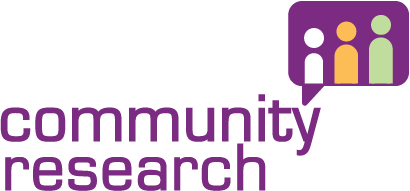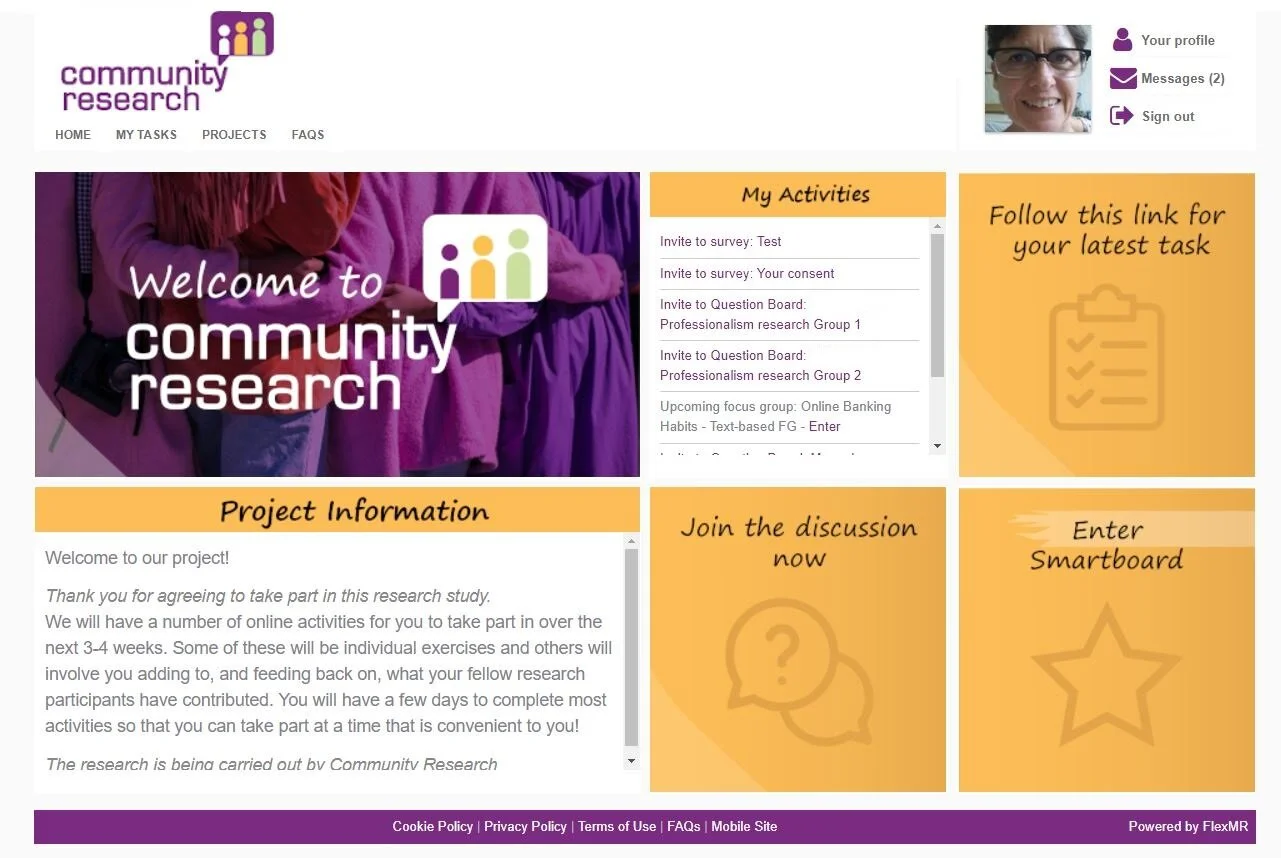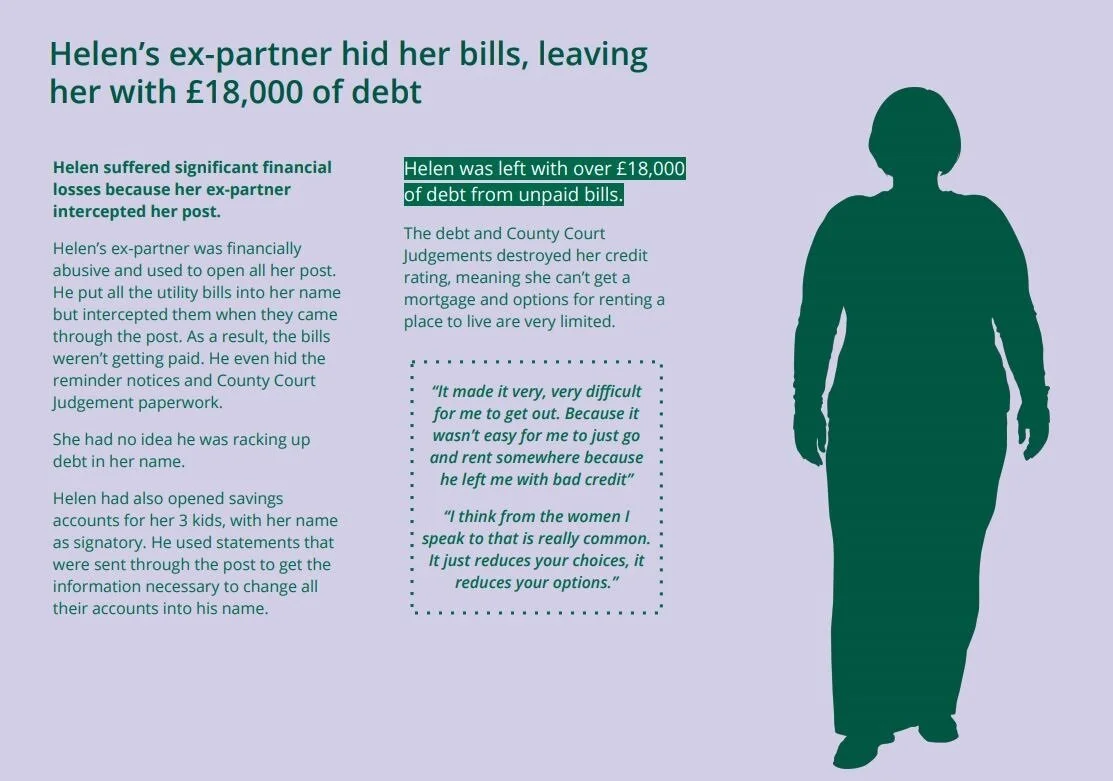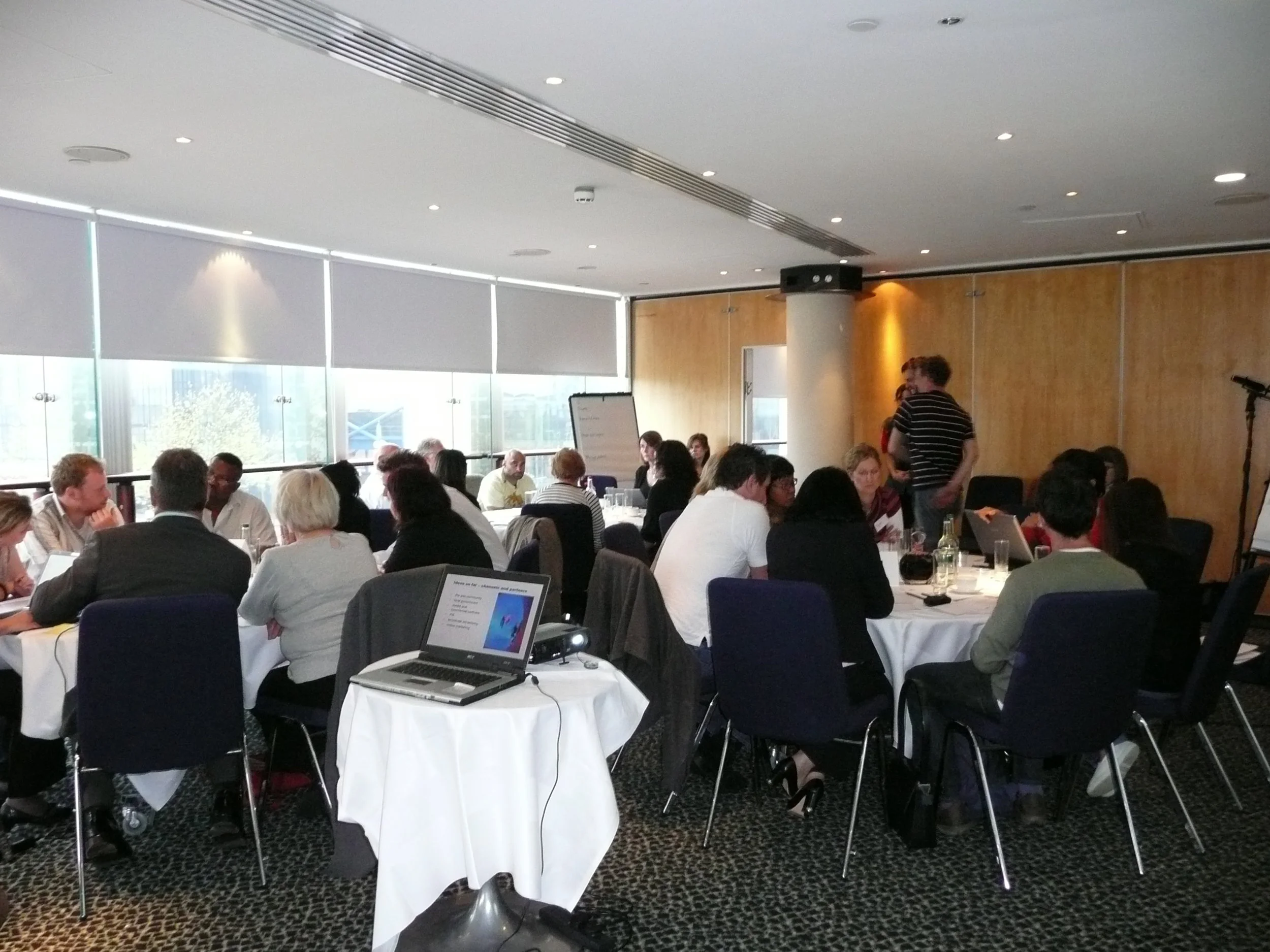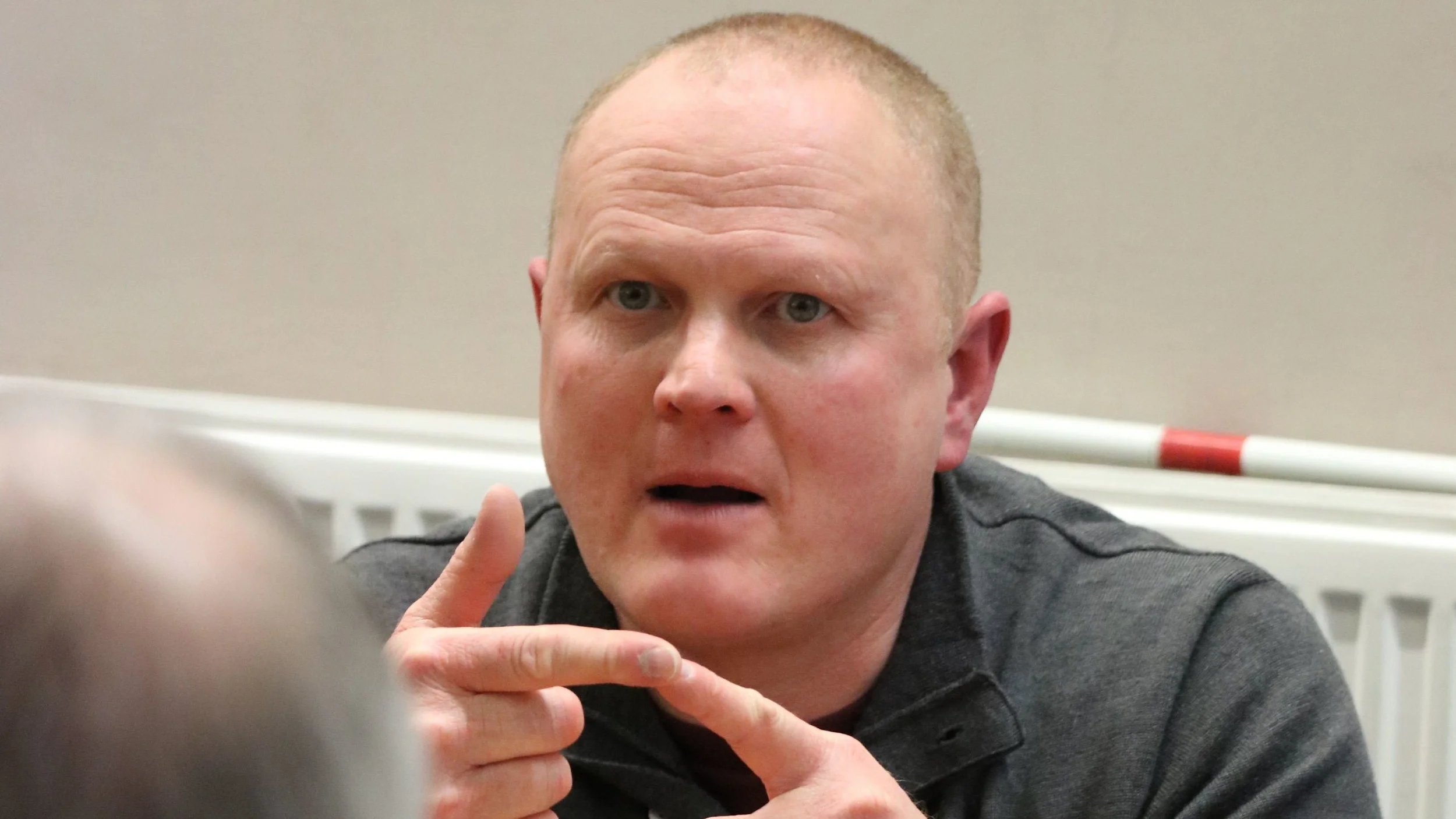The focus group has always been the stalwart in the researcher’s toolbox of qualitative methods. While we’ve used online qualitative methodologies (such as online discussion forums) routinely for a while now, but always favoured in-person focus groups. We switched to online focus groups when face-to-face was no longer an option, but now we’re starting to realise some of the benefits. Here are some of our lessons so far…
Read MoreWe have developed a new approach to panels – one that has recently been commissioned by two of our clients. The approach cuts the costs allocated to panel management and recruitment and ensures that more of our client’s budget can be devoted to research activities themselves. We’d like to share with you how it works.
Read MoreFor this installment in our series on involving ‘seldom-heard’ people in research, we have picked a big topic: involving disabled people in research. To help us steer our way through the complexities of this topic, we roped in Gordon McCullough, CEO of the Research Institute for Disabled Consumers (RiDC).
Read MoreThe Consultation Institute has been considering the implications for those working in the field of engagement and consultation during this time of Corona virus crisis. Clearly engagement and consultation needs to continue in many sectors and the Institute has been providing advice and guidance on how best to approach this given the current restrictions.
Read MoreWe’ve been adapting our approach to a number of projects in response to the constraints of lockdown. Of course, moving face to face deliberative research projects online, was always going to be the biggest challenge. Which begs the question - how far can you replicate face-to-face deliberation, in an online environment, and get meaningful results for clients? Of course, we have done plenty of online qualitative research before now, including deliberative elements, but we have generally designed complex deliberations, until now, as face to face activities. It has been an exciting and creative challenge for us, then, taking some of our planned deliberative projects and adapting them to an online setting.
Read MoreWe recently attended (and presented at) The Professional Standards Authority 2020 Conference on the subject of “Regulation in the future – will it matter?” The conference explored the long-term future of health professions regulation. Whilst focused specifically on health professions, many of the presentations and debates raised issues which have more widespread application.
Read MoreSignificant numbers of people miss out on services, pay more (e.g. due to a ‘poverty premium’ or ‘disability price tag’), and have less of a voice – all because of who they are or their circumstances. Consumer organisations, the media and regulators are increasingly focused on people in vulnerable circumstances and the disadvantages they face. However, ‘vulnerability’ is a complex and ever-changing concept, and research with people in vulnerable circumstances is not straight-forward. At Community Research we offer considerable experience in research with people in vulnerable circumstances, and here we share our perspective on the role of research and insight in helping you understand vulnerability.
Read MoreWe are thrilled to see the recent publication of Citizens Advice’s report – “On the receiving end’’. To inform this report, we interviewed domestic abuse survivors and heard their stories of the debilitating effects that the lack of safe access to post had on their lives. The stories survivors shared with us were candid and often shocking. The power of these stories is compelling and we believe there is no better example of just how powerful storytelling, through research, can be.
Read MoreMany of our clients are keen to engage their communities on complex, challenging and futuristic issues as these are the very dilemmas that might benefit most from consumers’ and citizens’ input. But, this can be challenging, as we may be asking people to think about issues they have simply never considered and they may have no experience to draw on.
Read MoreIn the next of our articles on involving people from ‘seldom-heard’ communities in research, we take a look at how to engage with people who have experienced trauma.
A couple of our recent projects have involve people who have been through exceptionally distressing experiences: The British Red Cross wanted to understand people’s experiences of receiving support in the aftermath of a major emergency, and Citizens Advice needed evidence from people with experience of domestic abuse to explore the role of post in domestic abuse. We share our lessons from these projects in this article on identifying, involving and representing people with experience of trauma in research.
Read MoreLondon First, the capital’s leading business group, commissioned Community Research to convene a Citizens’ Jury comprising 12 Londoners, broadly representing London’s demographics, to answer the question: “Should current Green Belt restrictions be reviewed to help tackle London’s housing crisis?”
Read MoreTrust is a hot topic at the moment– and not just in the run up to the general election. Earlier this year, as part of our 10th Anniversary celebrations, we conducted an in-house piece of research looking at Trust amongst Gen Z.
Read MoreThe annual MRS Utilities conference took place earlier this month, providing an opportunity for research agencies, utilities companies, regulators and watchdogs to showcase their work over the past 12 months. Community Research and Portsmouth Water jointly presented their Customer Advisory Panel (CAP). The last word was given to one of the CAP members who summed up what it was like to be involved in the 18 month process.
Read MoreOver the last 30 years things have changed a great deal in the world of research and engagement, but without doubt the most rapid changes have happened in the last 10 years. In fact probably the fastest change has been in the last 5 years. During this time, there has been a fundamental shift in the relationships between the main players.
Read MoreWe can’t be the only ones who have noticed the seemingly sudden spike in interest in citizen deliberation. Ideas for ‘Citizens Assemblies’ and ‘Mini-Publics’ seem to be popping up all over the place. We firmly believe in these processes as a powerful way of engaging citizens and communities in the decisions affecting their lives. .. but we have a few words of caution for those seeing them as a panacea to distrust in democracy.
Read MoreIn the second of our articles on involving people from ‘seldom-heard’ communities in research, we take a look at how to engage with transgender people. This article outlines our top tips for including trans people in research.
Read MoreThe British Red Cross commissioned Community Research to engage with people with direct experience by major emergencies in the UK, including Red Cross staff/volunteers, the voluntary and community sector and members of the public who have lived experience of major emergencies. The research project focussed on the support received by affected people and the extent to which needs were met during and in the aftermath of the emergency.
Read MoreThis is the first part of our new series looking at how to involve ‘seldom-heard’ people and communities in research. Through research, we want to help organisations understand how they can make sure that their goods and services benefit everyone, without leaving people vulnerable to poorer or inaccessible services that don’t meet their needs. It’s not always straightforward, so in this series we share our experience of how to involve people with different or extra needs in research.
Read MoreOnline qualitative research can have a number of advantages over traditional face to face approaches. We are using this approach more and more often and here are our main observations:
Read MoreIn January 2009 Community Research began trading in earnest, having been registered at Companies’ House six months before. The company began with one founding director, Rachel Lopata and with plans to make the most of the learning gained from over 15 years in market and social research and to deliver work with the help of a great network of skilled colleagues who were already freelancing or considering doing so. A great deal has changed in the last 10 years……
Read More